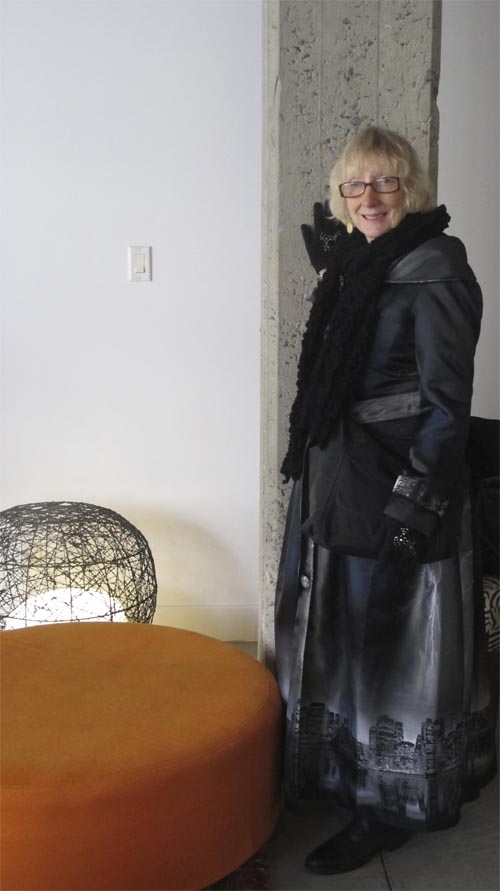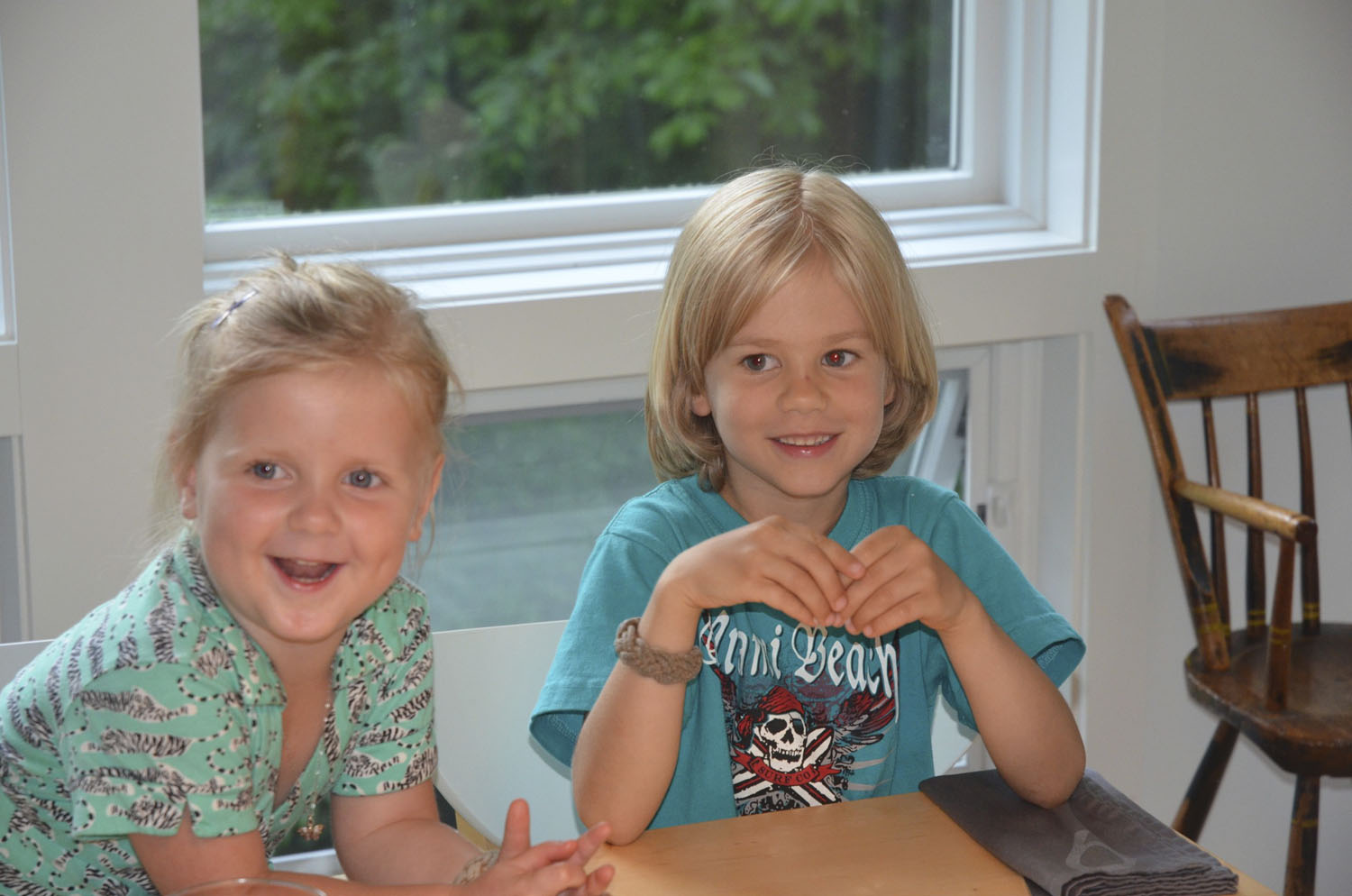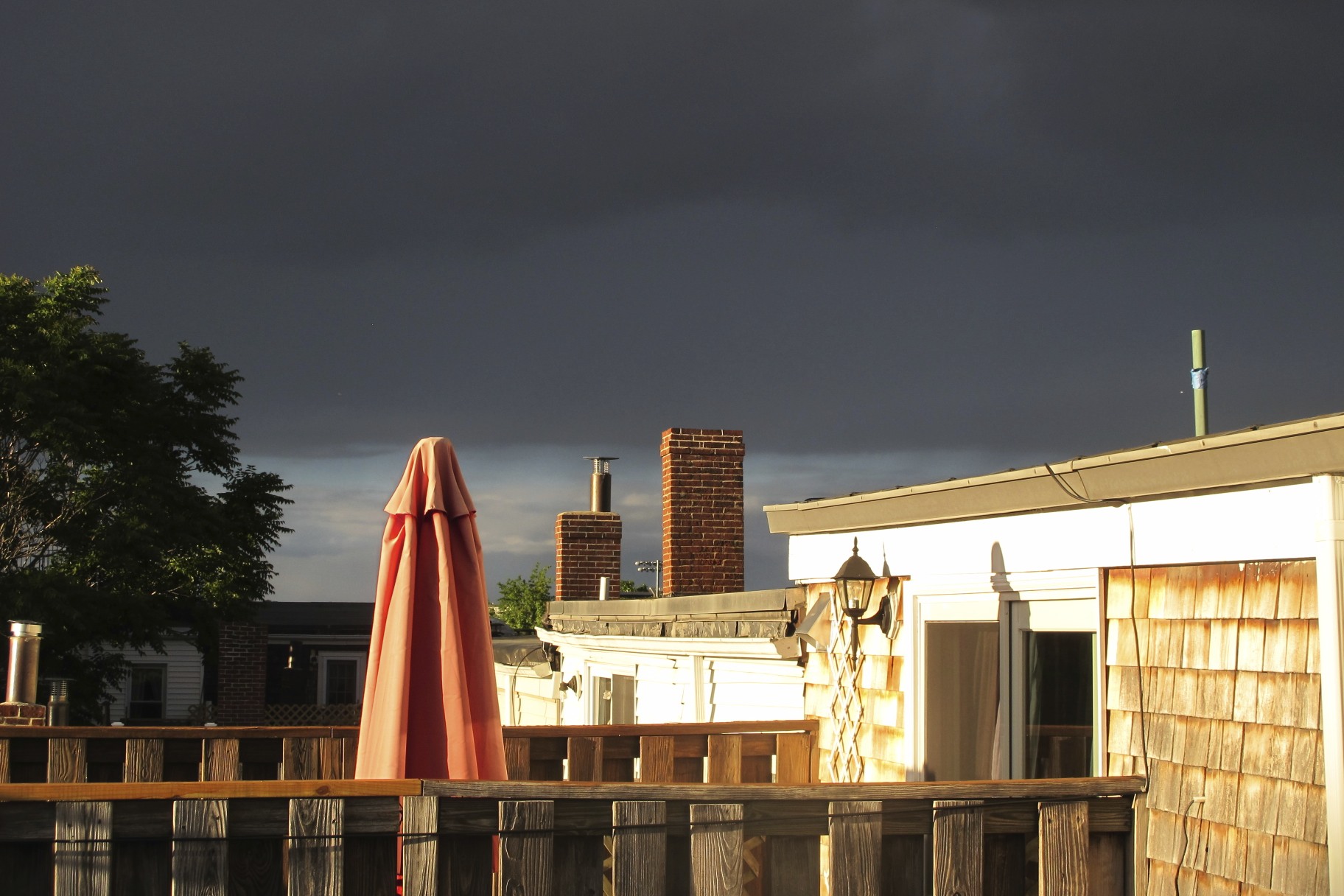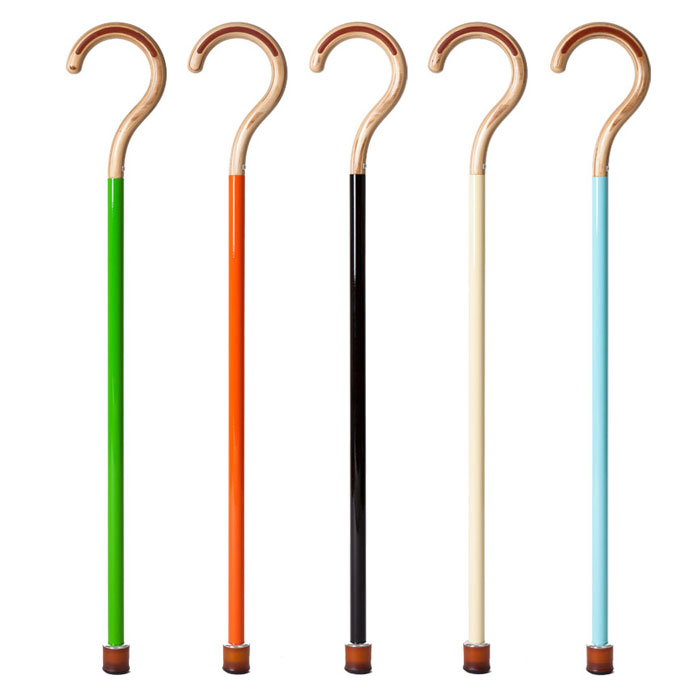Thank You Mrs. Clancy
From the time I was in fourth grade until eighth grade, every Tuesday after school I walked up Sumner Avenue to Gillette, to sit next to Mrs. Clancy on her piano bench. From her spot beside me, she was my piano teacher, starting with the one-note song ‘This My Friends Is Middle C’ and ending in my final recital playing a Rachmaninoff Concerto, clearly marked on the sheet music cover as ‘arranged for small hands’. In between, the lessons moved through volumes of Schirmer’s Library of Musical Classics with their familiar yellow covers, green printing and G. Schirmer coat of arms. There was Book l, Czerny, The School of Velocity, Book ll, Selected Piano Solos by Romantic Composers, and countless other similar titles, of little interest to a preteen child. Had I only noticed the Latin motto on the coat of arms I might have more fully enjoyed my ‘laborum dulce lenimen’, or ‘of work sweet soothing’. To me, it was anything but, just lots of practicing and time away from everything else I wanted to do at that age.
Throughout the years following the end of lessons, I sporadically played music of my own choosing — lots of show tunes, whatever songs were currently popular, nothing classical — on our family piano and then wherever I could find one, in my college dorms, on summer jobs, at friends. It was not until I moved to Buffalo, New York that I found myself with no access to a piano. One day I passed by a window displaying a well-used baby grand, and realized what I was missing. As a newly wed with a husband in school, I feared my chances of a purchase were slim, but the next day I went back to the store to ask the all-important question of price. It was $100 delivered, with the old bench thrown in for free, and it was mine. In the past 50-years that piano has traveled with me from Buffalo to Springfield, to Boston, to California and back to Boston, always making me ask if it’s worth the cost of moving it, and always answering absolutely yes.
In that time, I’ve gone from complete avoidance to searching out those familiar yellow and green Schirmer volumes, relishing their challenges and even, and especially, the practice they require. My current favorite is another Book l, but now it’s Beethoven Sonatas. I open the book and I hear Mrs. Clancy counting out the time and reminding me of the fingering. I wish she could answer my questions about some of the notations and help me figure out how to play triplets in one hand while the other plays eighth notes. Perhaps we could discuss, or more likely chuckle over, whether the page note is my answer. It says in part, ‘It appears advisable slightly to hasten this measure and the next, and then to retard the third not inconsiderably; the former on account of the cessation in the harmonic advance, the latter by reason of the varied modulation, with must be quite free from disquieting haste in its return to the theme’. If that is the answer and I get the timing right, then she might sense my pure joy in feeling how Beethoven’s music just flows and grows so I feel compelled to keep on playing and playing to experience the wonder of it all. I’m no longer practicing. I play because I love it. It is finally ‘laborum dulce lenimen’. And that’s why I say ‘thank you’ Mrs. Clancy. I hope you hear me.







